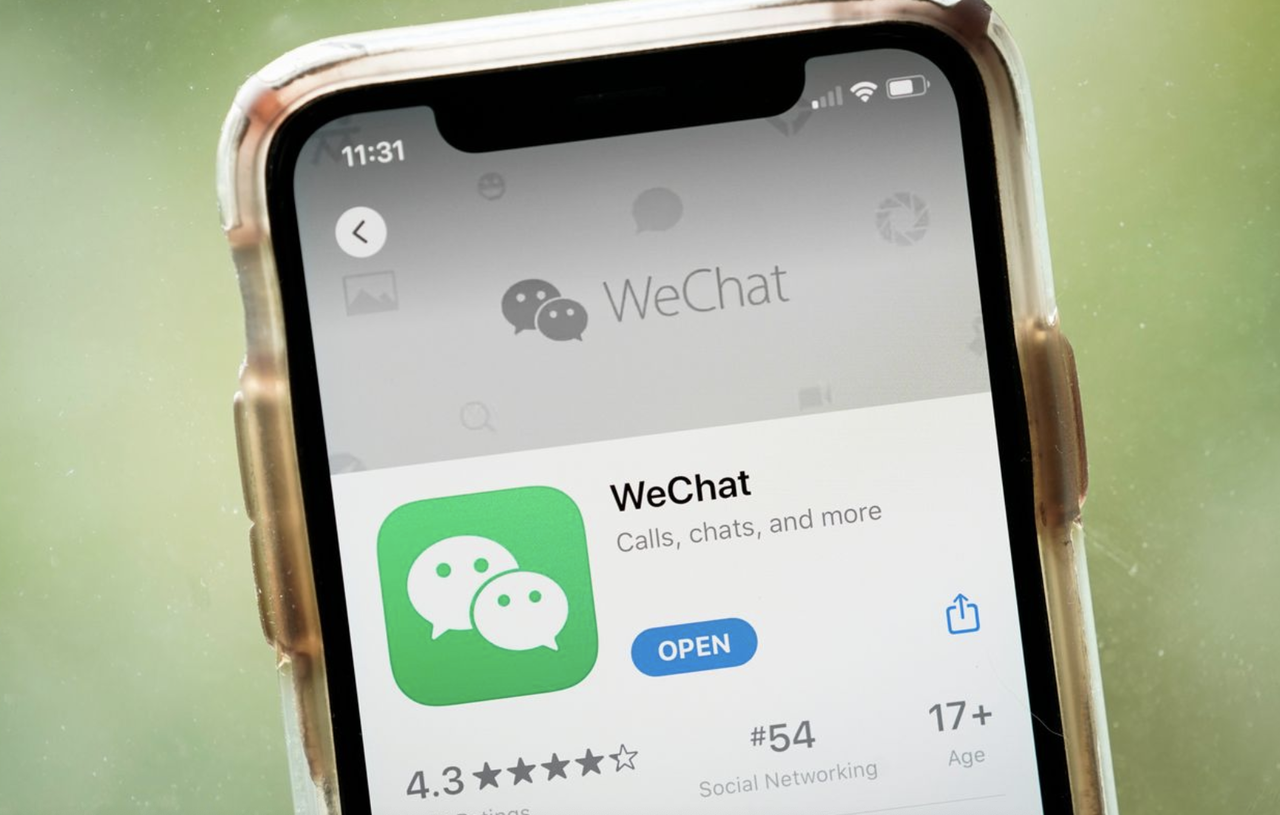America’s Biggest Companies Fear Trump’s WeChat Ban Will Cut Them Off From World’s Largest Market
Tyler Durden
Thu, 08/13/2020 – 14:30
Talks between TikTok-owner ByteDance and Microsoft are up in the air, but while seemingly every incremental development about the negotiations becomes front page news in the business press, the business community might actually be more worried about the fate of WeChat, and what the administration’s executive order might mean for members’ bottom line.
Because whether Trump likes it or not, China is the world’s biggest market (by population) and second-biggest economy after the US (Chinese economists argue that it’s already larger than the economy of the US). And WeChat is critical medium through which Chinese consumers perform a multitude of tasks, from paying their bills, to ordering takeout, to shopping online – and so much more.
According to a WSJ report, more than a dozen major US multinational companies raised concerns with the administration during a call with White House officials on Tuesday to discuss the scope and impact of Trump’s executive order, which won’t take effect until Sept. 15.
Apple, Ford Motor, Walmart and Walt Disney were among those participating in the call, along with P&G, Intel, MetLife, Goldman Sachs, Morgan Stanley, United Parcel Service, Merck and Cargill.
To put it succinctly, these companies are afraid that the administration’s action could inadvertently force them off the WeChat platform in China, which would put practically every American company that does substantial business in China at an even bigger disadvantage to domestic companies.
Even so, US companies are concerned the administration’s action could effectively cut them off from access to the lucrative China market, for example by ending their ability to accept payments or advertise on WeChat. As one of WSJ’s ‘expert’ sources said, many Americans simply don’t understand how dominant WeChat is in the Chinese market.
“For those who don’t live in China, they don’t understand how vast the implications are if American companies aren’t allowed to use it,” said Craig Allen, president of the U.S.-China Business Council. “They are going to be held at a severe disadvantage to every competitor,” he added.
Even beyond WeChat, its owner Tencent is even more dominant: Disney and the other entertainment focused companies are concerned that Tencent could retaliate by cutting them off from its domestic platforms. The NBA is worried about a streaming deal with Tencent, and a spokesman Mike Bass said the league is “awaiting further clarity on the executive order.”
Chinese officials are also eager to talk and figure out what, exactly, is going on, which is perhaps why they’re reportedly pushing to modify the six-month “review” of the Phase 1 trade deal and instead discuss the administration’s actions when the two delegations hold a virtual check in next week.
With the election coming up in a few months, we would be shocked if the Trump Administration actually followed through with any plan that would effectively exclude American companies from the Chinese market. While there isn’t much that can shake markets out of their centrally-planned trajectory, such a steep drop in Apple’s smartphone sales just might do it. Remember what happened last time Apple’s China business hit a speed bump?
via ZeroHedge News https://ift.tt/2Fq10fr Tyler Durden
